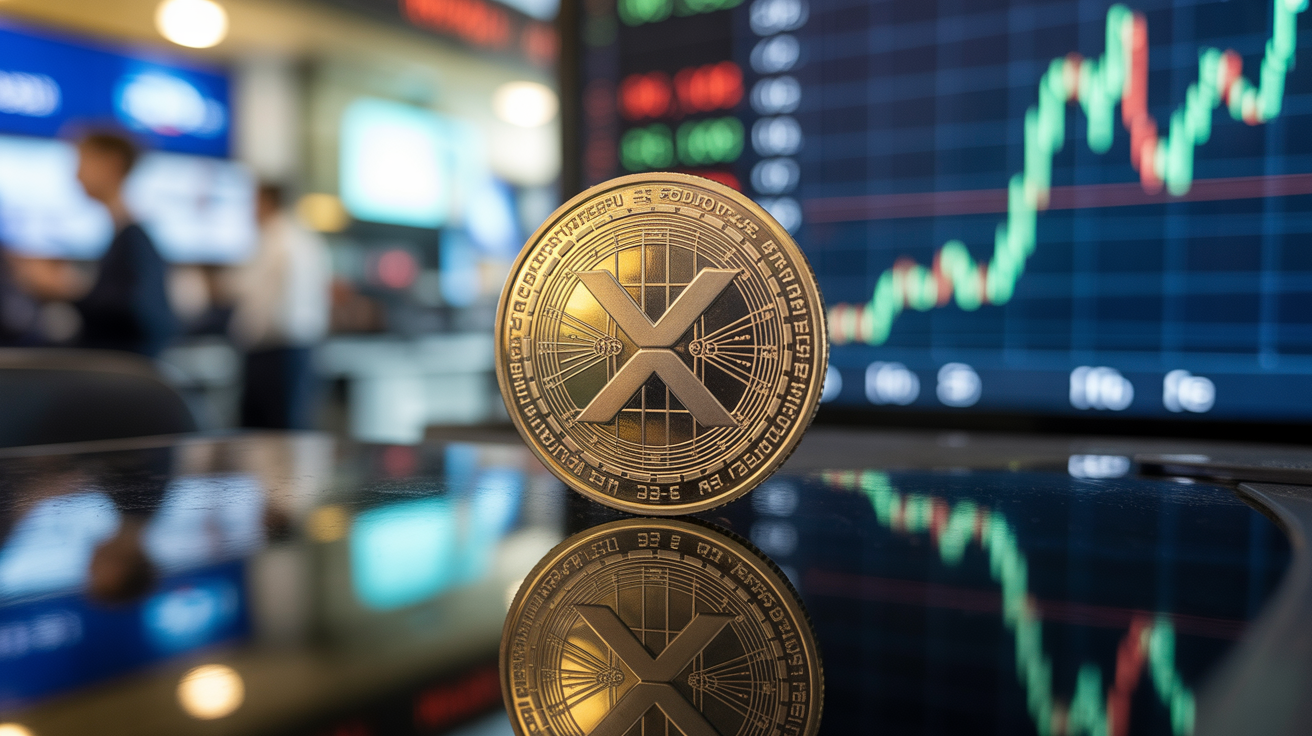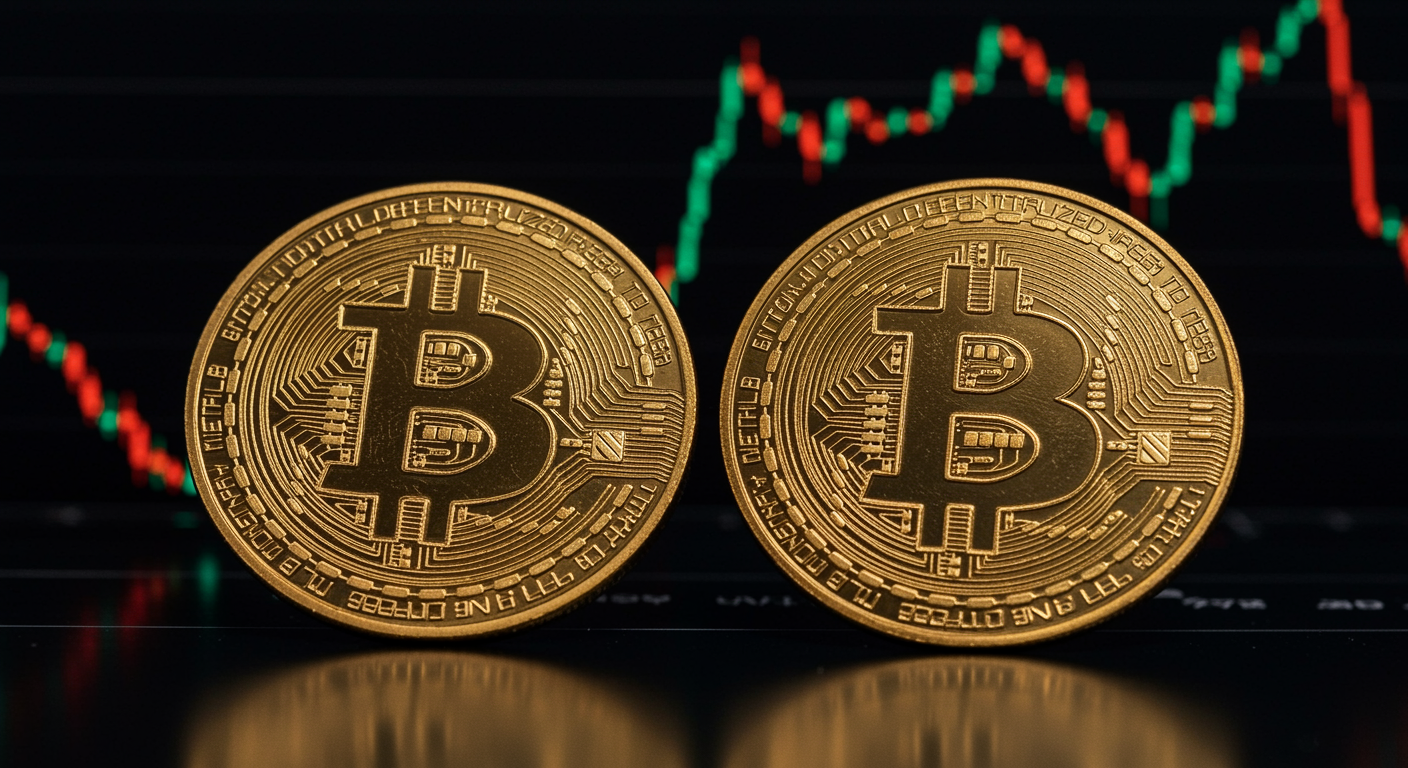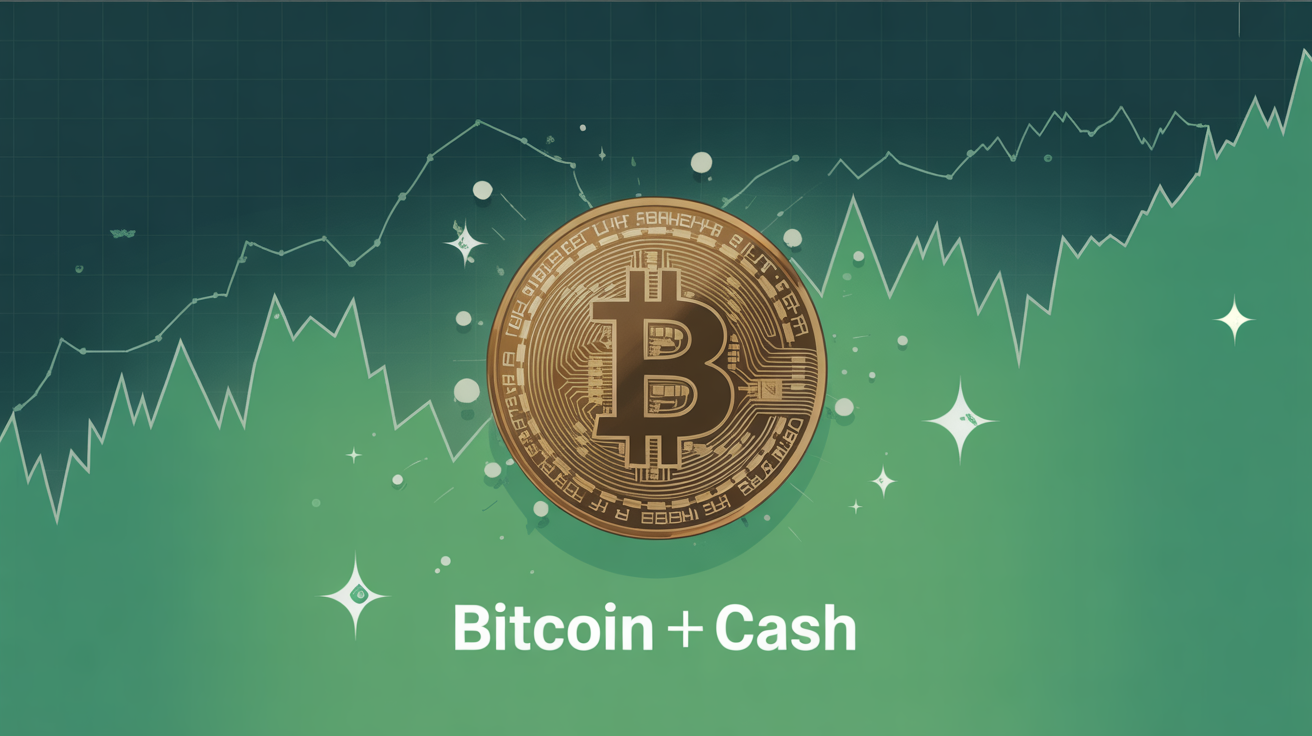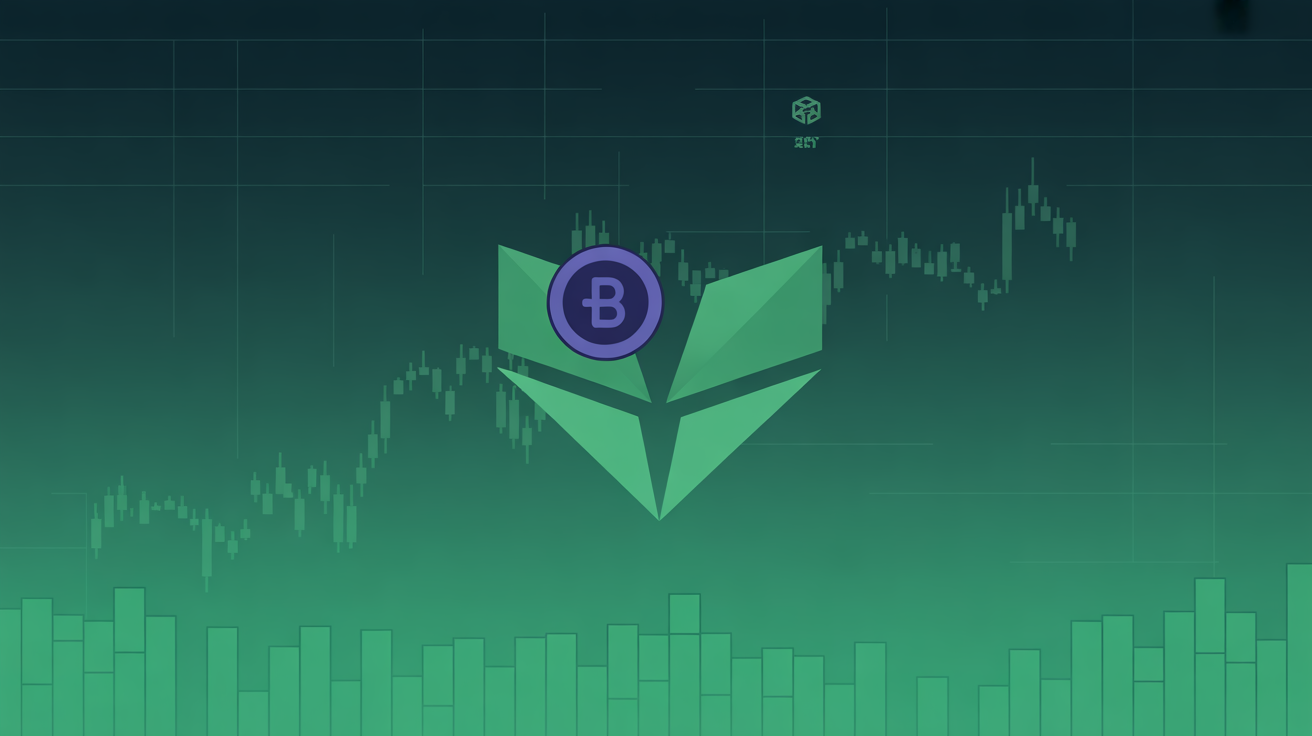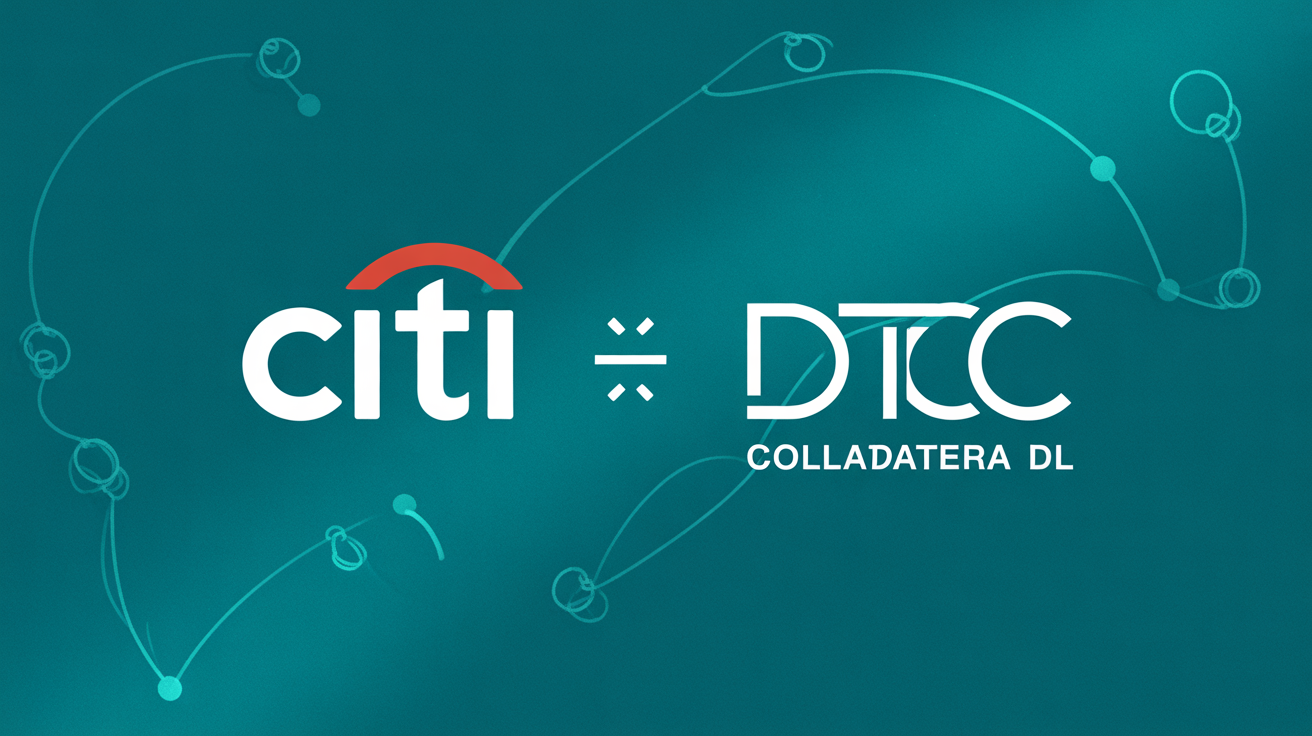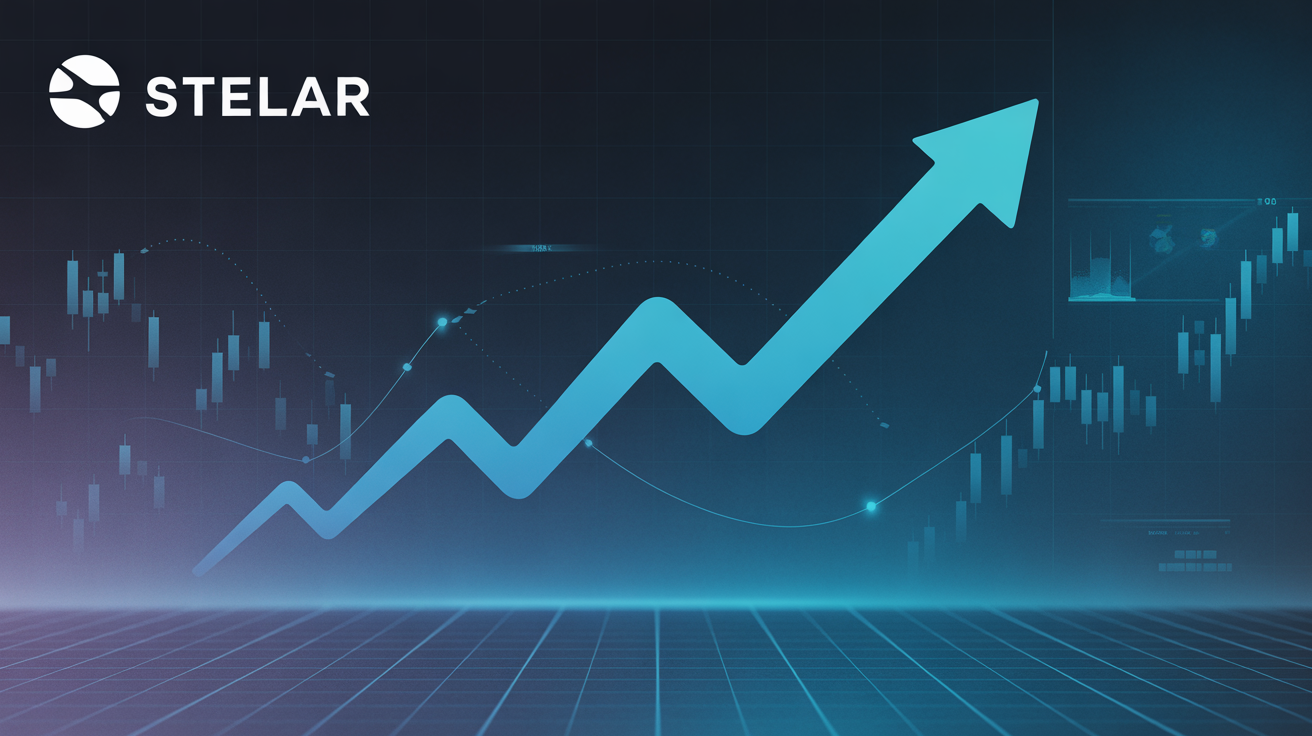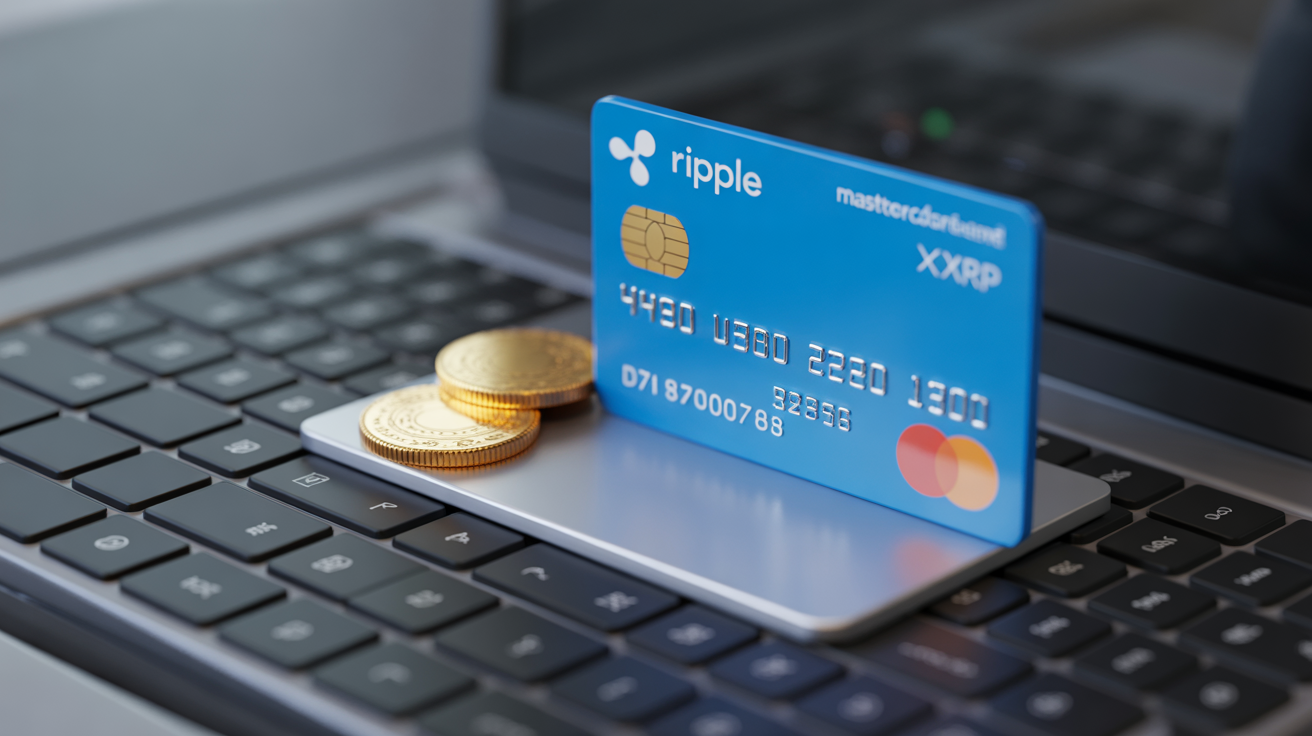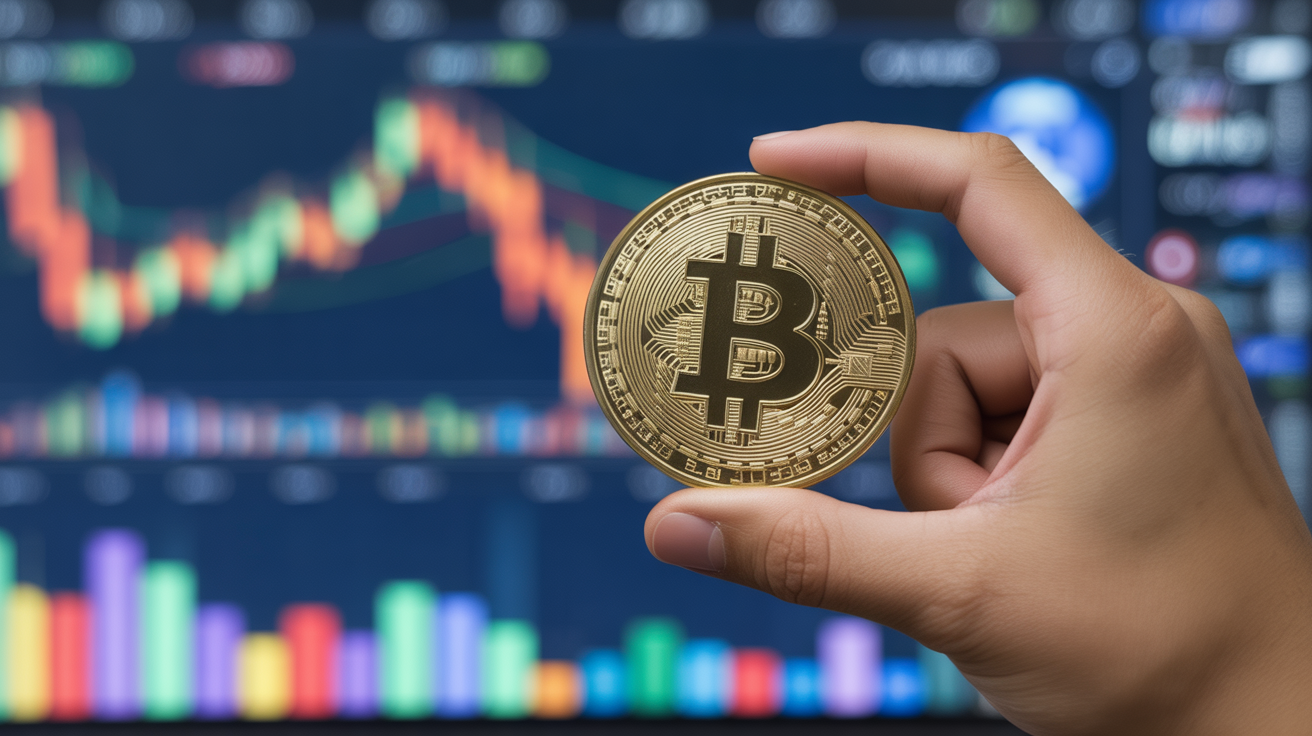Polymarket, a crypto-based prediction platform, has recently earned a reputation for outperforming traditional bookmakers. However, that reputation took a hit this week when bettors on the platform missed the mark by a significant margin on the outcome of the papal conclave.
The surprise winner, Robert Francis Prevost, was not even a favorite among bettors, who gave the U.S.-born cardinal just a 1% chance of succeeding Pope Francis. Meanwhile, Cardinal Pietro Parolin, widely considered a frontrunner, had the highest odds, at 28%.
With more than $28 million in bets placed on candidates other than Prevost, the result led to significant losses for many bettors, shaking confidence in Polymarket’s ability to predict such rare events accurately.
The outcome has raised questions about whether crypto betting markets, like Polymarket, can consistently outperform traditional polls, especially when it comes to highly unpredictable events like the papal conclave.
Unlike traditional betting platforms, where odds are set by the house based on research, Polymarket’s odds reflect real-time market sentiment, with prices adjusting according to the volume of bets placed by users. This decentralized approach to odds-setting allows for more dynamic betting, where the “smart money” can drive prices up for likely outcomes.
Polymarket first gained significant attention in November, when bettors predicted that Donald Trump would have a stronger chance of winning the U.S. presidency than traditional polling suggested. This prediction was later praised by some experts for its accuracy. Koleman Stumpf, an economics professor at Wake Forest University, remarked that Polymarket appeared to offer valuable insights, with bettors seemingly having a slight edge in predicting election outcomes.
In the past, Polymarket’s predictions had been highly accurate. Data scientist Alex McCullough’s analysis found that the platform had predicted global events with 90% accuracy one month in advance. But the papal conclave, a unique and infrequent event, presented a different challenge.
According to “Domer,” one of Polymarket’s top pseudonymous bettors, predicting the outcome of the conclave is especially difficult. “It’s like trying to predict a store’s sales without any information,” he said. “Even the participants themselves would have trouble handicapping it.”
This uncertainty likely led many bettors to default to traditional betting markets and media coverage, which may have skewed the odds on Polymarket in a way that reflected the media’s expectations rather than the actual probabilities.
The rarity of papal conclaves also played a role in the inaccuracy of Polymarket’s prediction. With the last papal election occurring in 2013, many bettors on Polymarket may have had little to no experience with such an event. In contrast, political elections—where Polymarket has had more success—are far more common and widely understood.
Domer suggests that the true betting edge in papal conclave markets lies not in predicting the winner, but in betting against those candidates with inflated odds. He pointed to the high odds placed on favorites like Parolin and Cardinal Luis Antonio Tagle, which he believed were driven more by media hype than by real insider knowledge.
“The odds for Parolin and Tagle were simply too high, and not for very good reasons,” he noted.
As the debate over the accuracy of crypto-based prediction markets continues, the papal conclave result serves as a reminder of how rare and unpredictable events can challenge even the most sophisticated betting platforms.




